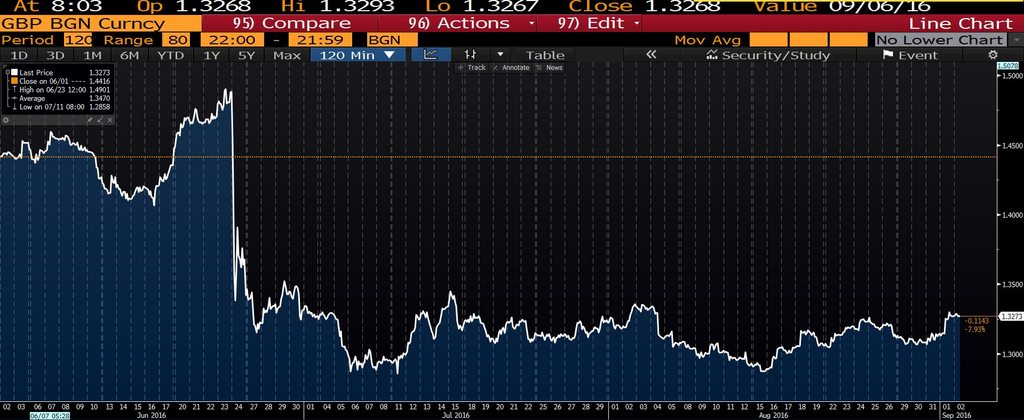kuuderes_shadow
Thousand Master
The original message from yourself was stating that free trade would be difficult, but as you explained some countries were trading without freedom of movement yet coming into play, therefore they can mimic what they did at that time.
They had free movement with some countries in the union from the start, with the promise of all the others a short while down the line. Combined with the fact that they were only just entering into free trade (which can take a while for all the effects to kick in) that is a very different situation from a country that has had free movement and free trade for decades.
As for the other part, I had a feeling you might take that route (after posting). It is the only approach that I could think of at any rate that leaves at least some of your earlier arguments free from logical inconsistency. And it's certainly true that Romania has a much lower minimum wage than the UK. But does that not also mean that countries that have similar minimum wages should have free movement of labour between them? For instance, Germany's minimum wage is very similar to ours. Would you thus support free movement between the UK and Germany? Although of course this would require cooperation between countries to maintain the similar minimum wages, which is easier within the Eurozone than outside it. After all, our minimum wage was quite a bit higher last year than it is now, due to the currency crash.
And this doesn't change the fact that, absent a severe case of information failure, any economic migration will create a net benefit - that is to say, the gain from the gainers will be bigger than the loss from the losers if the loser exists at all. Nor does it change the fact that governments (and lobby groups) are not nearly efficient and effective enough for your proposed solution to work anywhere near as well as it would need to in order to turn a major worsening of the situation into merely a minor worsening. (Susceptibility to political pressures, the unwillingness or inability of firms to make the government aware of existing shortages, the fact that the government may not see a shortage as significant enough, the time lag between the shortage coming into existance and it being noticed and acted upon and take effect, the fact that there doesn't have to be an outright shortage for a firm to be willing to hire more people than they are able to locally etc. etc. etc. etc. etc.) But I'm never going to convince you of this am I? So there's no point even trying.

